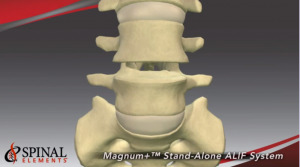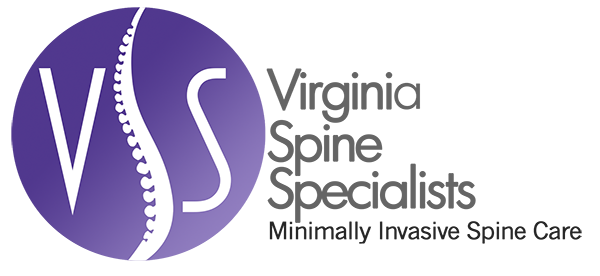4 Spine Diseases and Conditions Treated with Minimally Invasive Spine Surgery
Minimally invasive spine surgery uses advanced techniques and technology to treat a patient’s spine condition without disrupting the surrounding soft tissues. Computer-assisted technology and highly specialized tools and instruments are used to assist the surgeons with visualization and control.
Since minimally invasive spine surgery has so many benefits, including smaller incisions and less soft tissue damage, more  surgeons are using it to treat their patients. Here are four diseases and conditions that can be treated using minimally invasive spine surgery:
surgeons are using it to treat their patients. Here are four diseases and conditions that can be treated using minimally invasive spine surgery:
1. Degenerative Disc Disease
Degenerative disc disease occurs when spinal discs degenerate, or wear down. The discs of the spine cushion the interlocking vertebrae and act as shock absorbers for the back, allowing it to bend, flex and twist. They break down over time as a natural part of the aging process.
2. Disc Herniation
The spinal bones (vertebrae) are separated by discs, which cushion the spine and allow movement between the vertebrae. A herniated disc, often called a slipped disc, occurs when a part of the vertebrae pushes into the adjoining disc, putting pressure on the nearby nerves and causing pain or other symptoms. Discs may move out of place (herniate) or break open (rupture) as a result of an injury or strain. This causes pressure that can lead to pain, numbness, or weakness. However, some people may experience no symptoms from a herniated disc.
3. Spinal Stenosis
Spinal stenosis is a narrowing of the spinal canal that occurs most often in the lower back (lumbar), or the neck (cervical) region of the spine. The spinal canal is the small space that holds the nerve roots and spinal cord. When that space becomes narrower, it can squeeze the nerves and the spinal cord, causing pain and other symptoms.
4. Spinal Cord Injury
A spinal cord injury happens when the spinal column is fractured or when the ligaments holding the spine together fall out of place. The spinal cord within the spinal canal may become bruised or crushed. The damaged nerve pathways cannot properly send messages to other parts of the body, which may cause loss of sensation and muscle control.

Categories
Archives
Contact Dr. Mudit Sharma
Phone: (571) 921-4877
Toll Free: (855) 774-6334
Monday – Thursday: 8am – 4pm
Friday: 8am – 2pm
Fredericksburg
4604 Spotsylvania Parkway, Suite 300 Fredericksburg, VA 22408
Manassas
8650 Sudley Road, Suite 315
Manassas, VA 20110-4418
